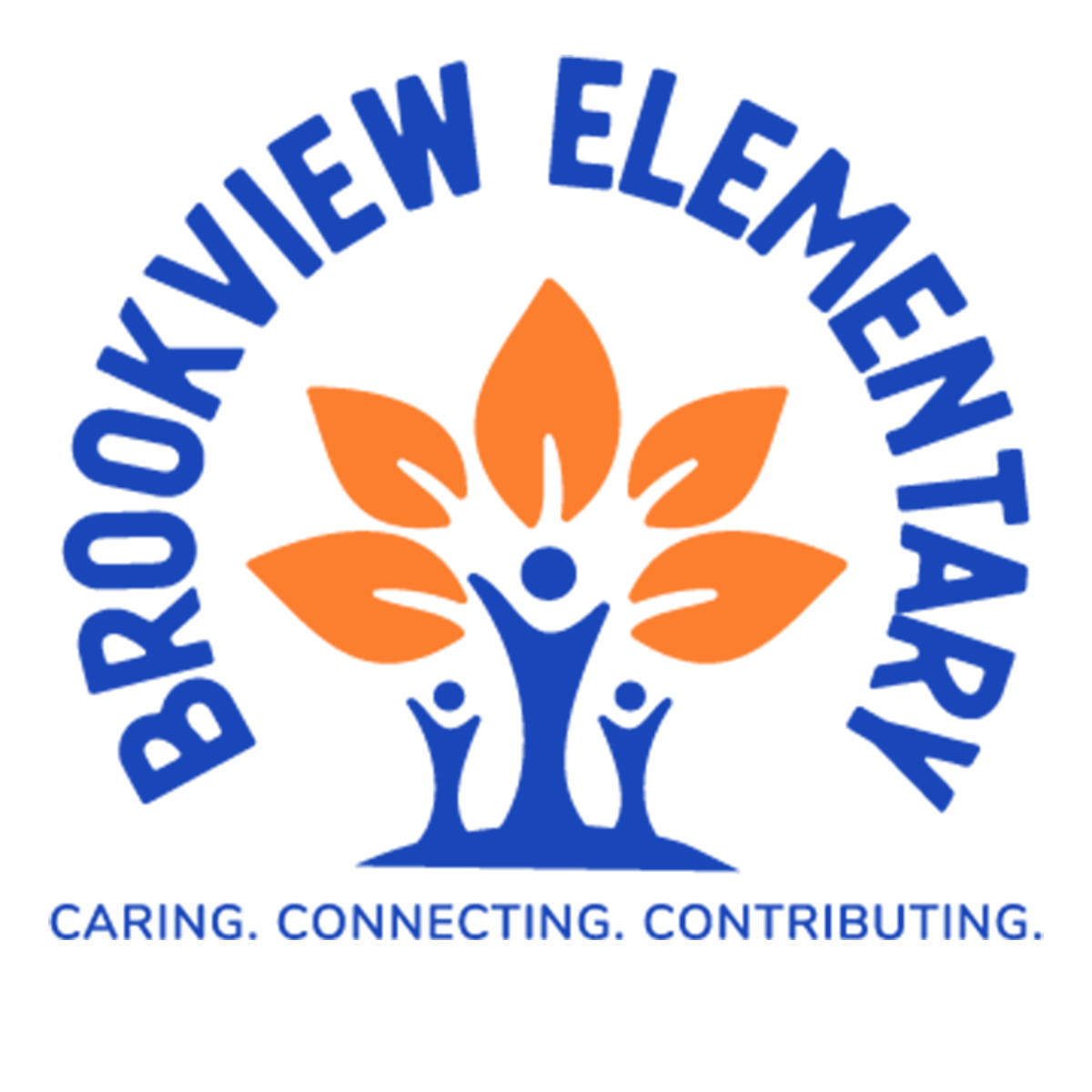
General Tips for Parents:
Read to and with your children every day. Discuss the characters, events and what you like best about the book.
Demonstrate how much you value reading by keeping books, magazines and other reading materials in the house. Take trips to the library.
Keep pencils, paper, crayons, and washable markers handy for notes, lists, and schoolwork. Writing takes practice, and it starts and is reinforced at home.
Teach your children to do things for themselves. It takes practice to learn to do things correctly.
Limit the time children spend watching television. Studies indicate that achievement drops for children who watch more than 10 hours of television a week.
Establish a regular time for homework each afternoon or evening. Set aside a quiet, well-lit place, and encourage children to study.
Review your children's homework with them. Point out errors, but let them correct their own work.
Have a dictionary available (age-appropriate), and let your children look up words they aren't able to spell.
Talk to your children, and listen to them as well. Find out about their day, friends, and the things that are really important to them.
Encourage your children. Praise them for the things they do well.
Have your children attend school regularly.
Keep in touch with the school. Attend parent conferences and meetings.
Tips for Inspiring Great Readers:
When parents help their children learn to read, they open the door to a big, exciting world, and provide them with the necessary tools to become successful students and lifelong learners. Here are reading activities you can do with your children:
Read aloud to your child.
Read poems aloud together to learn the rhythm and repeated sounds in language.
Point to the words on the page when you read to your children.
Listen to your children read every day.
Have books, magazines, and newspapers around the house, and let your child see you read, too.
Pick a story or poem that repeats phrases; assign each child a phrase to repeat each time you read a new part of the story.
Take turns reading. You read a paragraph and your child can read the next one. This activity helps to keep the story alive.
Be flexible enough to not quickly abandon a book that does not appeal after a reasonable try at reading it. No one is meant to enjoy every book.
Go to the library to check out books often. Have each family member use his or her own library card.
Provide your child with a dictionary and a thesaurus.
Encourage your child to make a special dictionary by putting together several sheets of paper for a booklet. Have your child write a recently learned word at the top of the page, the meaning of the word and a sentence using the word on the same page. Cutting pictures from magazines or with their own drawings can illustrate words.
Encourage your child to keep a journal. Include thoughts on books that have been read.
Cook with your child and read the recipe together.
Label the things in your child's room.
Encourage your child to use the following reading strategies:
Think about words, and when you come to a word you don't know:
Look for the largest chunks you know (syllables, prefixes, suffixes). Try to say the word.
Look at the letters and think about the sounds. Try to sound out the word.
Re-read the sentence. Does it make sense?
Strategies for Success!
Clarify - Re-read or discuss words or points that were not clear.
Predict - What will happen or what will we learn?
Question - After reading, ask a question for others to answer.
